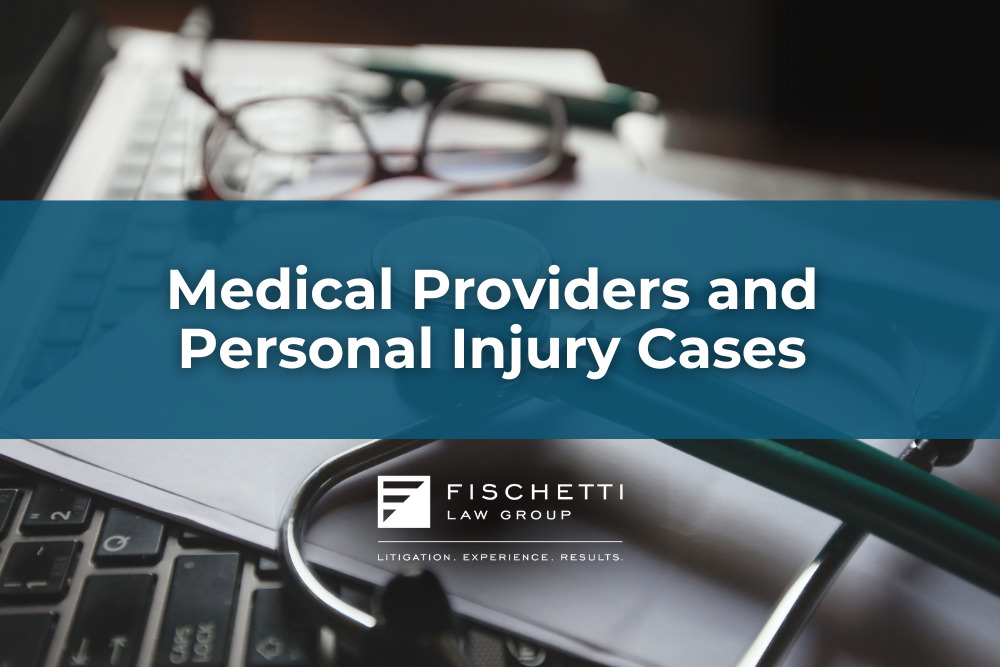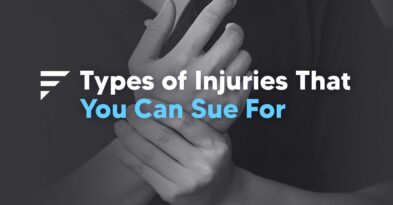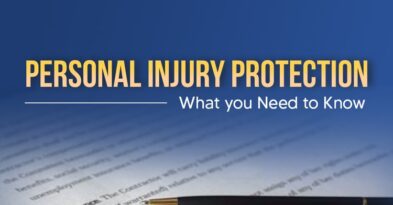Medical Insights In Personal Injury Cases
Medical Insights In Personal Injury Cases
For personal injury lawyers, the worlds of law and medicine often collide. Understanding medical implications is crucial for personal injury attorneys. Not only does it aid in building a robust legal case, but it also ensures that victims are accorded the rightful compensation for their physical and emotional traumas. Especially when dealing with car accident injuries and long-term complications like traumatic brain injuries (TBI). But what role do medical professionals play in personal injury cases?
Injuries and Accidents from a Legal Standpoint
Car accidents, slip-and-fall incidents, and other personal injury cases often necessitate a comprehensive understanding of the injuries sustained. From a legal perspective, the nature, extent, and prognosis of an injury can be the foundation for a strong case.
For example, the degree of whiplash is a factor to consider in determining compensation for a personal injury case. Possible lifelong effects of a TBI, or surgical interventions required for a compound fracture are other examples of factors that hold weight in determining compensation.
Determining compensation isn’t just about proving an injury occurred. It’s about articulating the severity and considering both short- and long-term implications. Medical insight provides an evidence-based foundation for legal arguments.
Long-Term Impacts of Severe Injuries
Severe injuries such as TBIs are particularly concerning for personal injury attorneys. An individual might walk away from an accident feeling dazed, but relatively fine. Weeks or months later they may realize they’re struggling with cognitive, emotional, or physical challenges.
From memory loss and difficulty in concentration to severe conditions like seizures or paralysis, TBIs can be life-altering. They can also lead to secondary psychological effects, including depression, anxiety, or post-traumatic stress disorder.
Legally, the implications of TBIs are monumental. Victims might require lifelong medical care, rehabilitation, and support. They could face lost wages due to an inability to return to work or might need modifications to their homes and lifestyles. Understanding the gravity and lasting effects of TBIs allows us, as personal injury lawyers, to ensure that victims and their families are adequately compensated for both immediate and future needs.
4 Roles of Medical Professionals
Medical professionals stand as the bedrock of any personal injury case. Their insights, diagnoses, prognoses, and testimonies offer an irrefutable perspective on a victim’s injury.
1. Documentation
Medical records, right from the immediate aftermath of an accident to ongoing treatments, serve as crucial evidence. These documents provide a chronological narrative of the victim’s journey, highlighting the severity of injuries and the medical interventions required.
2. Expert Testimony
Often, personal injury cases necessitate medical experts to testify on the victim’s behalf. These experts can explain the intricacies of the injury, validate the necessity for certain treatments, and project future medical needs. Their testimonies can be instrumental in countering arguments from opposing counsel or insurance companies that might attempt to downplay the injury’s severity.
3. Cost Estimation
In cases of severe injuries, medical professionals can help estimate potential future medical costs. They factor in treatments, surgeries, therapies, and any adjustments needed for the victim’s daily life. This assessment is pivotal in determining the compensation amount.
4. Rehabilitation and Therapy
After immediate medical treatments, victims may require physiotherapy, occupational therapy, or counseling. Medical professionals also provide insights into the duration and intensity of treatments needed. This further bolsters the legal case.
Navigating the Relationship Between Medicine and Personal Injury Law
In personal injury cases, medical providers bridge the gap between the physical impact of an injury and the legal outcomes that may be determined. Their insights provide context to injuries, helping the court understand the real-world implications of injuries. Whether it’s explaining the difference between a mild concussion and a severe TBI or detailing the potential complications of a spinal injury, their input is invaluable.
Furthermore, medical providers can offer insights into future medical needs. For example, a person with a TBI might need ongoing therapy or counseling. Meanwhile, someone with a severe fracture might require future surgeries or long-term physiotherapy. These medical insights are vital in ensuring victims receive adequate compensation, not just for their immediate injuries, but for the long road to recovery.
The world of personal injury law is a constant relationship between legal arguments and medical facts. At Fischetti Law Group, our role is to ensure that the voice of the injured is heard and that they receive the compensation they deserve. This endeavor would be impossible without the support and insights of medical professionals.
Whether it’s detailing the extent of injuries, offering expert testimonials, or projecting future medical needs, the contribution of medical providers is indispensable. The collaboration of legal and medical professionals ensures that justice is not just served, but also well-informed.
Are you injured from a car accident or suffering the long-term effects of a personal injury? Fischetti Law Group is here to help you. Not only will we listen to your story, but we can connect you with the best medical professionals in South Florida. Do not continue to suffer in silence. Call 833-MIKE-247 for a free consultation today.
Personal Injury Lawyer in South Florida
TESTIMONIALS
What People Say
The Fischetti Law Group helped me get PAID after a bad neck injury from a car accident!!
I am very thankful for the attorneys at Fischetti Law Group. They got me a great settlement after a rough car accident injury.












